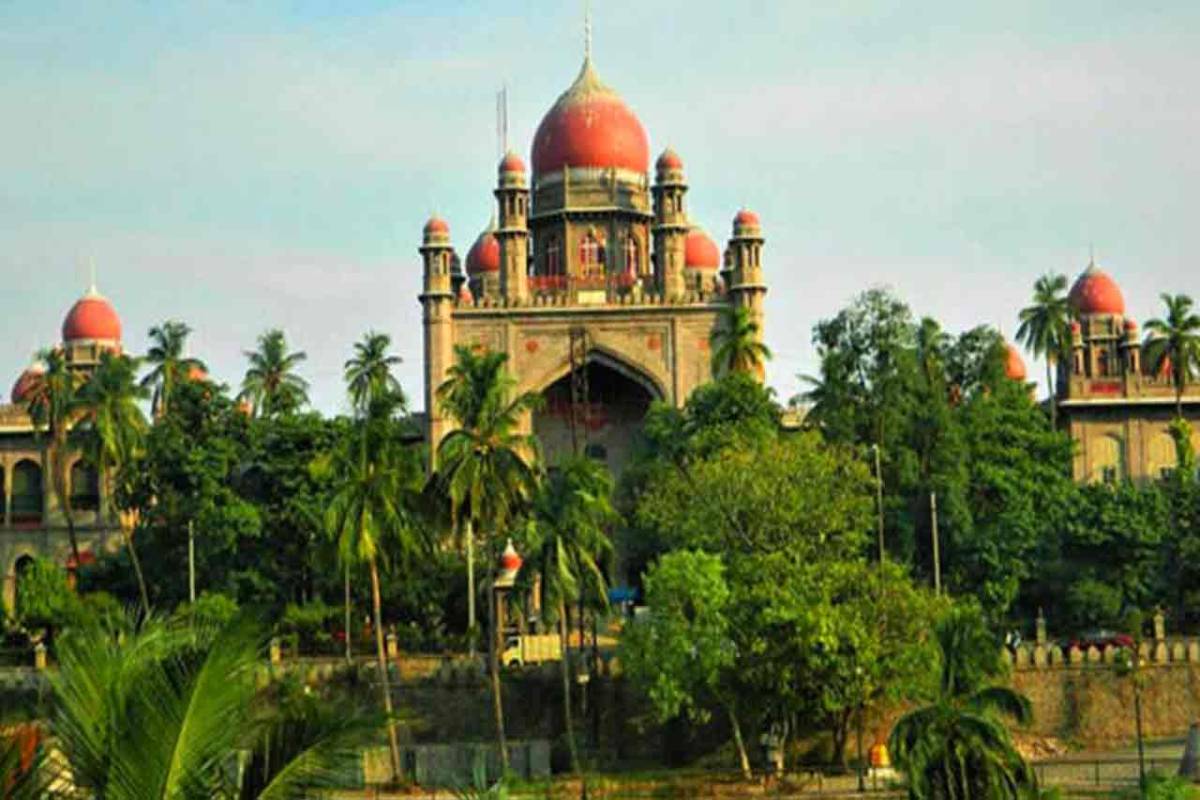Telangana HC sets aside MLA’s election for want of details
Vanam Venkateshwar Rao was a Congress candidate who defeated the BRS candidate Jalagam Venkat Rao in 2018 Assembly elections but soon defected to the BRS.
The petitioner had questioned the allotment of land worth around Rs 5 crore per acre to the director for Rs 5 lakh per acre.

(File Photo)
The Telangana High Court has completed the hearing on PIL challenging land allotment to well-known film director N. Shankar and posted the case for orders on July 7.
The state government had allotted 5 acres of land to the director at Mokila village in Rangareddy district near Hyderabad in 2019 for setting up a film studio. The land allotment to the director was challenged through a Public Interest Litigation (PIL).
The petitioner had questioned the allotment of land worth around Rs 5 crore per acre to the director for Rs 5 lakh per acre.
Advertisement
The state government, however, defended the allotment, saying it is in tune with the government policy. It submitted to the court that allotting land to film studios and film personalities at lower costs is nothing new.
The court was told that the decision to allot the land was taken only after examining the genuineness of the applicant, the need for setting up a film studio near Hyderabad and the recommendation by the State Film Development Corporation.
Municipal administration secretary Arvind Kumar, through a counter-affidavit, informed the court that the land was allotted after Shankar deposited Rs.5 crore with a promise to bring in Rs 50 crore investment to build a modern studio that offers complete facilities for making full-fledged movies and also advertisements that portray the journey of the new state.
The director also promised to the government that the studio will employ 1,000 cine workers on a daily basis, provide direct employment to 100 persons and indirect employment to 200 persons.
The court was also told that Shankar is a well-known director from the state with 36 years of experience in the film industry. Shankar had also submitted to the court that he had not used his popularity or his local origins to get the land from the Telangana government.
He claimed that the then undivided Andhra Pradesh government had agreed to give him the land in 2012, but it did not materialise. After hearing the arguments of all parties, the court posted the case for orders on July 7.
Advertisement